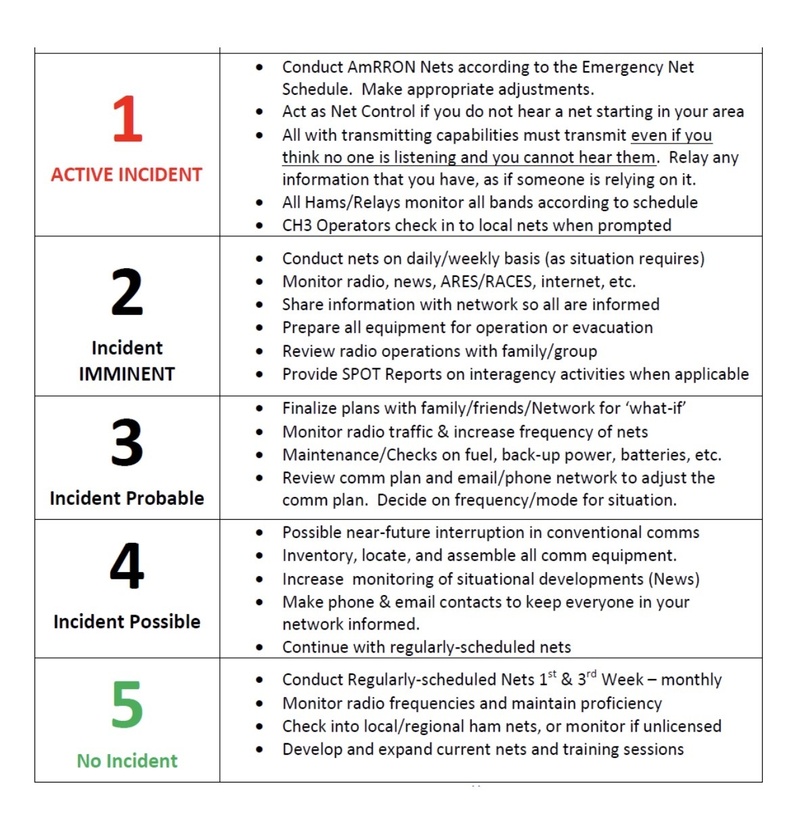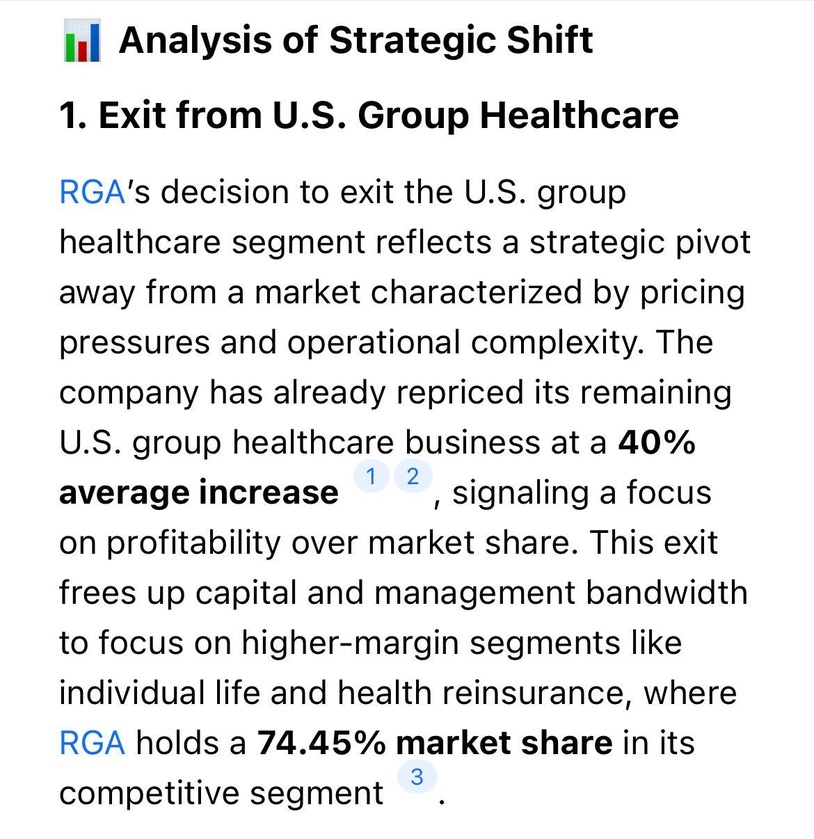
We know what’s coming and we are prepared.
🇪🇺 Final agreement on EU Digital Identity Wallets expands scope of regulations
The European Parliament and the Council of the EU have reached an agreement on a new framework for European digital identity, including regulation on digital ID wallets.
A news release from the European Commission says this concludes the two legislative bodies’ work to implement results of the provisional political agreement reached in June around a legal framework for a trusted and secure digital identity for all Europeans.
Under the new eIDAS 2.0 regulations, the EU Digital Identity Wallet will have extensive applications across public and private enterprise, supporting the EU in meeting its 2030 targets for the digitization of public services. With the full guarantee of EU law, wallet holders throughout Europe can use their linked digital ID to open bank accounts and make payments, store digital ID and biometric documents such as mobile driver’s licenses or professional certifications, and expedite services in travel, healthcare and other areas of life. Significantly, the regulation makes it mandatory for so-called Very Large Online Platforms (Facebook, Google, et al) to accept the EU Digital ID Wallet for login. The Commission’s release implies that this is a potential model for smaller companies, for which the features and specs of the wallet could boost both competitiveness and compliance.
Crucial to the wallet system is the user’s ability to choose whether or not to share personal data, and what data is shared in specific cases. In terms of UX, the wallet’s dashboard promises the ability to monitor transactions and report privacy violations, and to allow interaction between wallets with consent. E-signature capability will be free for personal use.
Several of these features mark an expanded scope for the regulation as a result of the trilogue discussions. Other newly finalized points include the wallet’s business model (free of charge to all Europeans), validation and authentication mechanisms for member states, and the status of the wallet’s code, components of which will be available open-source to try and prevent misuse.
Although the agreement between the European co-legislators is set, it still requires endorsement from member states and formal approval, after which it will be formally published in the EU’s Official Journal. Twenty days after that, the new EU Digital Identity framework will become law.
This guy wrote a 25 line Python script he claims "can probably unredact all of the Epstein files in less than 30 seconds".
"I am not suicidal, I am a great swimmer, and I look forward to living my life well into my 80s."
Follow @RealWideAwakeMedia for more content like this!
Merch: https://wideawake.clothing
X | YT | IG | Rumble
US / Iranian Conflict
Raising to AmCON 3 (Incident Probable)
Due to the following: deteriorating negotiations between the United States and Iran; the surge in the past 48 hours of “final stage” US military assets into the Middle East; vacating US personnel from bases in Syria; the “Fatwa” issued last summer by Iranian clerics in the Summer of 2025 calling Muslims around the world to rise up if Iran is attacked; the numerous reports of Iranians who have infiltrated the US southern border in recent years and the warnings of “sleeper cells” in the United States, AmRRON is raising the AmCON one level, to Level 3 (Incident Probable).
AmRRON Special Guidance and Instructions:
AmRRON will remain at AmCON 3 until further notice, and we will continuously be monitoring the situation. Additional changes to the AmCON level, and any special instructions or guidance, will be posted here, as well as through the AmRRON member Telegram Channel, the AmRRON Corps Z-Net, and the AmRRON Mobile Team App....

If you’re a parent, this should make your stomach drop!
Every year, millions of families across America proudly display school photos of their children.
On refrigerators. In picture frames. Sent to grandparents and relatives across the country.
But here’s what most parents are never told…
Those school photos are taken by Lifetouch — the largest school photography company in America.
Lifetouch is owned by Shutterfly.
Shutterfly was acquired by Apollo Global Management.
And Apollo Global Management was co-founded by Leon Black — a name that appears in the Epstein files.
That means millions of children’s images are uploaded into databases every single year by a corporate structure tied to someone connected to Epstein.
Let that sink in!
https://vxtwitter.com/i/status/2019500982997041332



















